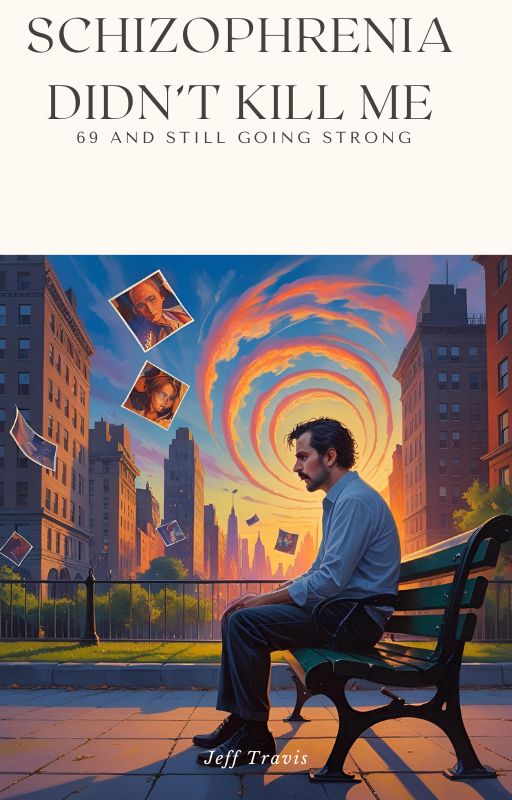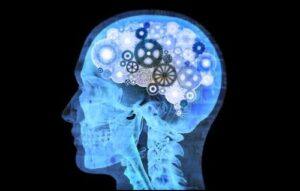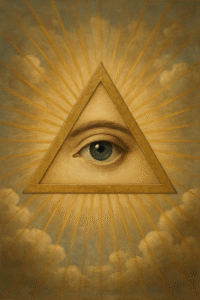
Meta Description: Learn everything you need to know about the symptoms of psychosis, including early warning signs, types of hallucinations and delusions, and how to seek help for a psychotic episode.
Introduction: What is Psychosis?
Psychosis is a serious mental health condition that affects how a person perceives reality. When someone is experiencing psychosis, they may lose touch with the real world in ways that are distressing and confusing. The symptoms of psychosis can include hallucinations, delusions, disorganized thinking, and changes in behavior. While psychosis can be frightening, it is treatable with the right support and interventions.
In this blog post, we’ll explore the core symptoms of psychosis, what to look out for in the early stages, and how psychosis relates to disorders like schizophrenia, bipolar disorder, and severe depression. If you or someone you know is showing signs of psychosis, early intervention can make a major difference in recovery.
What Are the Symptoms of Psychosis?
Psychosis is not a diagnosis itself—it is a clinical syndrome that can occur in various mental health conditions. The symptoms typically fall into three major categories:
- Hallucinations
- Delusions
- Disorganized thinking and behavior
Let’s examine each in detail.
1. Hallucinations: Seeing or Hearing Things That Aren’t There
Hallucinations are sensory experiences that occur without a real external stimulus. People with psychosis may hear, see, feel, smell, or even taste things that are not actually present.
Types of Hallucinations
- Auditory hallucinations: Hearing voices or sounds. This is the most common type of hallucination in psychosis. The voices might talk to the person, about them, or command them to do things.
- Visual hallucinations: Seeing people, lights, shadows, or objects that aren’t there.
- Tactile hallucinations: Feeling sensations on the skin, such as bugs crawling or being touched.
- Olfactory and gustatory hallucinations: Smelling or tasting things that have no source. These are rarer but can occur.
SEO Tip: Use phrases like “hallucinations in psychosis”, “types of hallucinations”, and “hearing voices in psychosis” throughout your content.
2. Delusions: Strongly Held False Beliefs
Delusions are false beliefs that are not based in reality and are resistant to logic or contrary evidence. A person experiencing delusions may be completely convinced of something that others see as irrational or impossible.
Common Types of Delusions
- Paranoid delusions: Believing others are plotting to harm you, spying on you, or persecuting you.
- Grandiose delusions: Believing you have exceptional abilities, fame, or power.
- Religious delusions: Believing you are a deity, a prophet, or have a special relationship with a divine being.
- Somatic delusions: False beliefs about the body, such as thinking one’s organs are rotting or infested.
Delusions can be deeply distressing and can interfere with a person’s ability to function.
SEO Keywords: “types of delusions”, “psychosis paranoia symptoms”, “false beliefs in mental illness”.
3. Disorganized Thinking and Behavior
Disorganized thinking makes it hard for a person to concentrate, follow a conversation, or express themselves logically. Their speech may be hard to understand, jumping from topic to topic with no clear connection.
Examples of Disorganized Thinking
- Derailment: Switching topics mid-sentence.
- Tangentiality: Giving unrelated answers to questions.
- Word salad: Incoherent speech made up of random words or phrases.
Disorganized behavior might involve unpredictable, inappropriate, or purposeless actions, such as pacing, agitation, or neglecting personal hygiene.
Use this phrase: “disorganized thoughts and behavior in psychosis”
Early Warning Signs of Psychosis
Recognizing the early signs of psychosis can help with timely intervention and treatment. Many people experience a prodromal phase, which occurs weeks or even months before a full-blown psychotic episode.
Early Symptoms May Include:
- Withdrawing from family and friends
- Decline in academic or work performance
- Suspiciousness or paranoid thoughts
- Poor concentration or memory
- Mood swings or sudden emotional changes
- Trouble sleeping
- Reduced interest in activities
These symptoms often appear gradually and may be mistaken for normal teenage behavior or stress. However, persistent changes in thinking or behavior should be taken seriously.
Suggested internal link: Connect this section to a post like “How to Spot Early Signs of Schizophrenia” or “Mental Health in Teenagers: What to Watch For.”
Emotional and Cognitive Symptoms
Alongside hallucinations and delusions, psychosis also affects emotions and thinking. These are sometimes referred to as negative symptoms or cognitive symptoms.
Emotional Symptoms:
- Flattened affect (reduced emotional expression)
- Social withdrawal
- Anhedonia (loss of pleasure)
- Apathy or lack of motivation
Cognitive Symptoms:
- Poor executive function
- Memory issues
- Trouble making decisions
- Difficulty focusing
These symptoms can be subtle but are significant. They can persist even after the more intense symptoms of psychosis are managed.
SEO Suggestion: Include terms like “cognitive symptoms of psychosis” or “emotional flatness in psychotic disorders.”
What Triggers Psychosis?
Psychosis can be caused or triggered by a variety of conditions, including:
- Schizophrenia
- Bipolar disorder (especially manic episodes)
- Severe depression (especially with psychotic features)
- Substance use (e.g., cannabis, LSD, methamphetamines)
- Medical conditions (e.g., brain tumors, infections, epilepsy)
- Sleep deprivation
- Extreme stress or trauma
Understanding the underlying cause is key to effective treatment. For example, psychosis from schizophrenia may require antipsychotic medication, while psychosis from sleep deprivation may resolve with rest.
Suggested anchor link: “Learn more about causes of psychosis here.”
How Long Do Psychotic Symptoms Last?
Psychotic episodes can last days, weeks, or even months, depending on the cause and whether treatment is received. For some people, psychosis is a one-time event triggered by stress or drug use. For others, especially in schizophrenia, psychosis may become a recurring part of their lives.
The duration of untreated psychosis (DUP) is critical. Studies show that the longer psychosis goes untreated, the harder it can be to recover fully. Early intervention services are key.
Seeking Help: When to Talk to a Professional
If you or someone you care about is showing signs of psychosis, early assessment and treatment are essential. A psychiatrist or mental health professional will typically use interviews, questionnaires, and sometimes brain imaging to assess symptoms and determine a treatment plan.
Treatment Options Include:
- Antipsychotic medications
- Cognitive-behavioral therapy (CBT)
- Family support and education
- Psychosocial interventions
- Hospitalization (in severe cases)
Many people recover from psychosis, especially when they receive prompt, comprehensive care.
Call to Action: “If you suspect psychosis, don’t wait. Talk to a mental health professional today.”
Living with Psychosis: Hope, Recovery, and Support
While psychosis can be overwhelming, recovery is possible. People can and do return to work, study, relationships, and a fulfilling life after experiencing psychosis. Education, support groups, and peer support play a vital role in long-term wellness.
Tips for Supporting Someone with Psychosis
- Listen without judgment
- Encourage treatment and therapy
- Avoid arguing about delusions
- Stay calm and reassuring
- Learn about the condition together
Families and loved ones also benefit from support and education, such as joining organizations like NAMI (National Alliance on Mental Illness) or Hearing Voices Network.
Final Thoughts: The Importance of Awareness
Understanding the symptoms of psychosis is crucial for early detection, effective treatment, and breaking down the stigma surrounding mental illness. Whether psychosis occurs as part of schizophrenia, bipolar disorder, or another condition, recognizing it is the first step toward healing.
Remember: Psychosis is treatable, and recovery is a realistic goal with the right help.
Frequently Asked Questions (FAQ)
Q: What’s the difference between psychosis and schizophrenia?
A: Schizophrenia is a chronic mental health disorder that features psychosis as a key symptom. Psychosis itself can occur in many conditions and does not always mean schizophrenia.
Q: Can you have psychosis without hallucinations?
A: Yes. Some people experience delusions or disorganized thinking without hallucinations.
Q: Can stress cause psychosis?
A: In extreme cases, especially combined with sleep deprivation or trauma, stress can trigger brief psychotic episodes.
Related Articles
“Schizophrenia Didn’t Kill Me”
Schizophrenia Didn’t Kill Me is a raw, unfiltered journey through madness, misdiagnosis, and survival — told by a man who lived it and lived to write the truth. From locked wards and medication fog to moments of clarity and breakthrough, Jeff Travis shares his decades-long battle with schizophrenia in a voice that’s equal parts brutal, insightful, and unexpectedly hopeful. This isn’t a tale of victimhood — it’s a story of grit, reinvention, and reclaiming a life that the system tried to write off. If you’ve ever struggled with mental illness — or love someone who has — this book will crack you open and leave you stronger.






